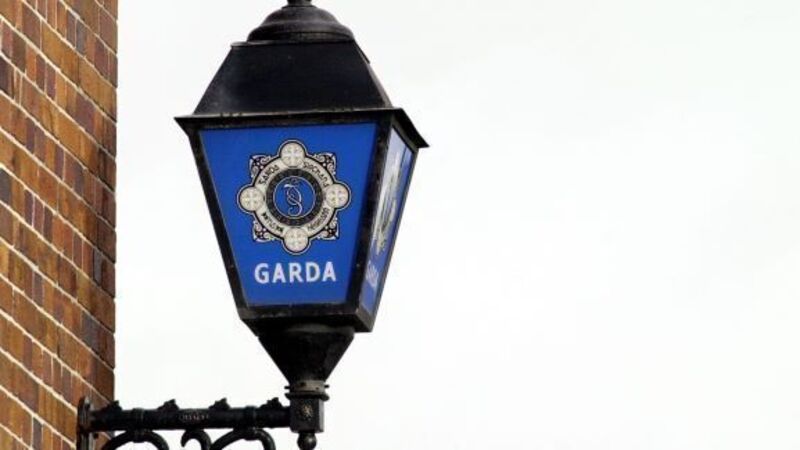Family fights a long battle to get answers from State bodies over their sister’s death

Catherine Davis was in a bad way. The alcoholism that had dogged her adult life was at a critical stage. Her family decided to seek help.
On Thursday, June 14, 2007, Catherine’s brother Michael Farrell drove her to St Michael psychiatric unit in Clonmel, which is located on the grounds of South Tipperary General Hospital.












